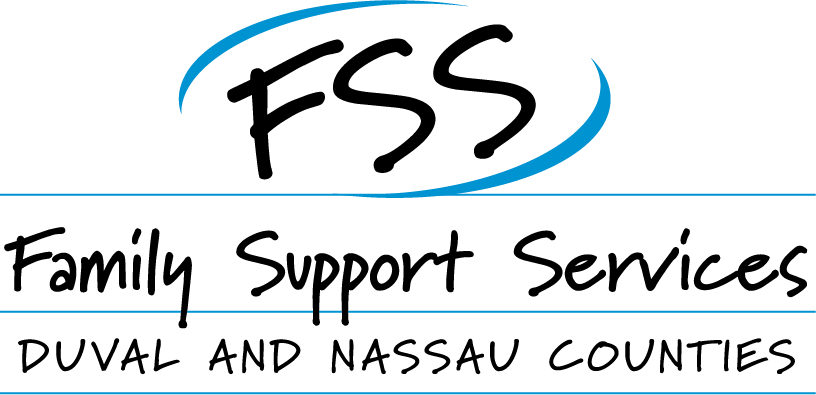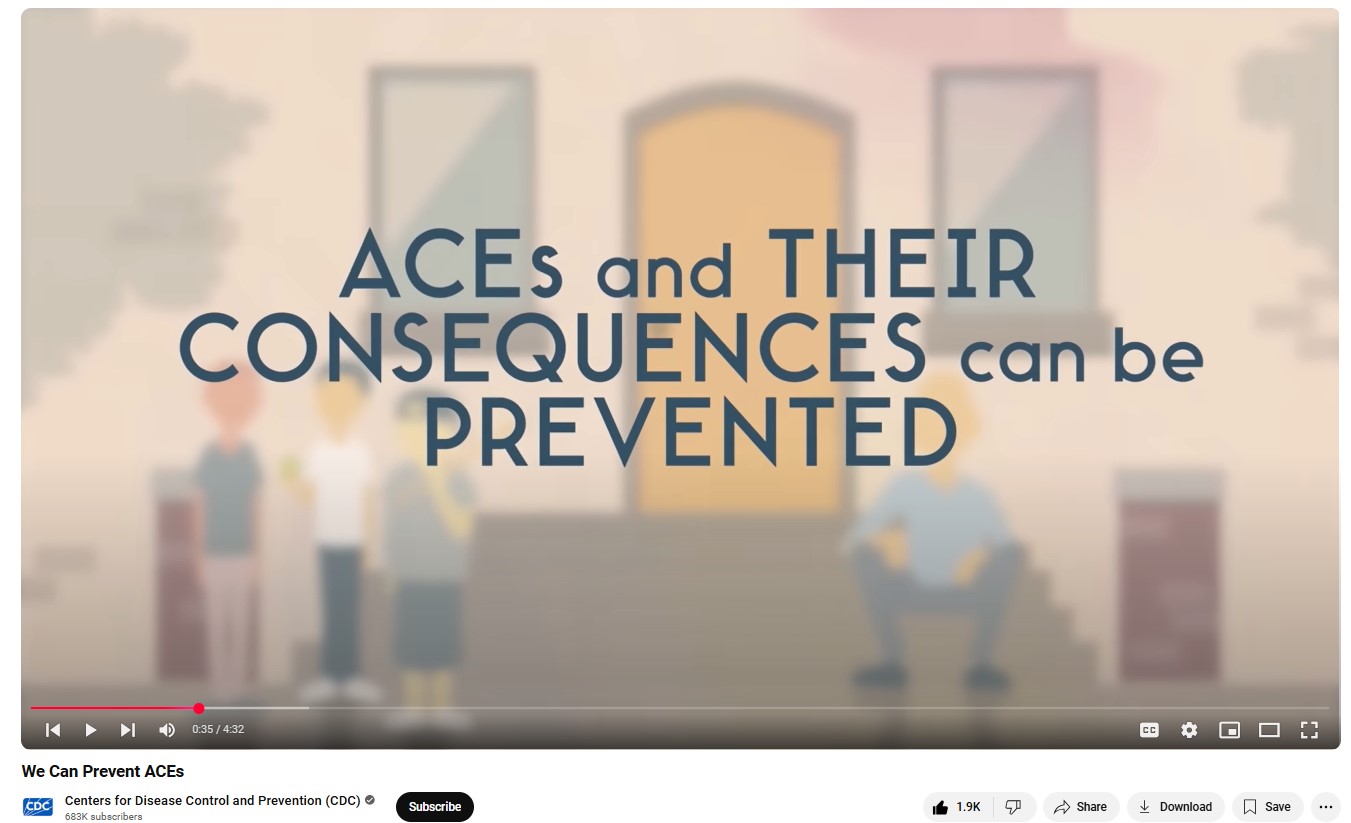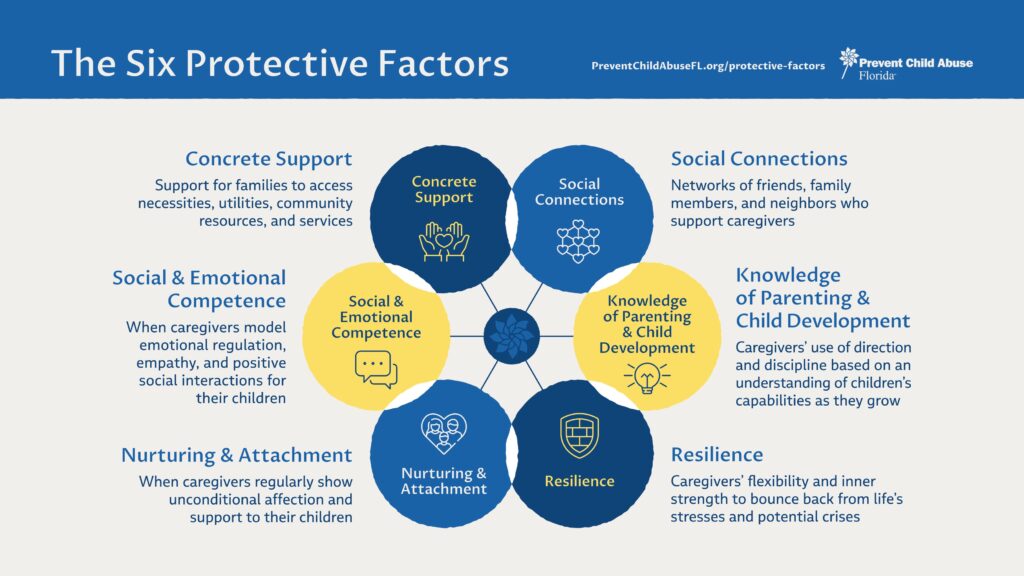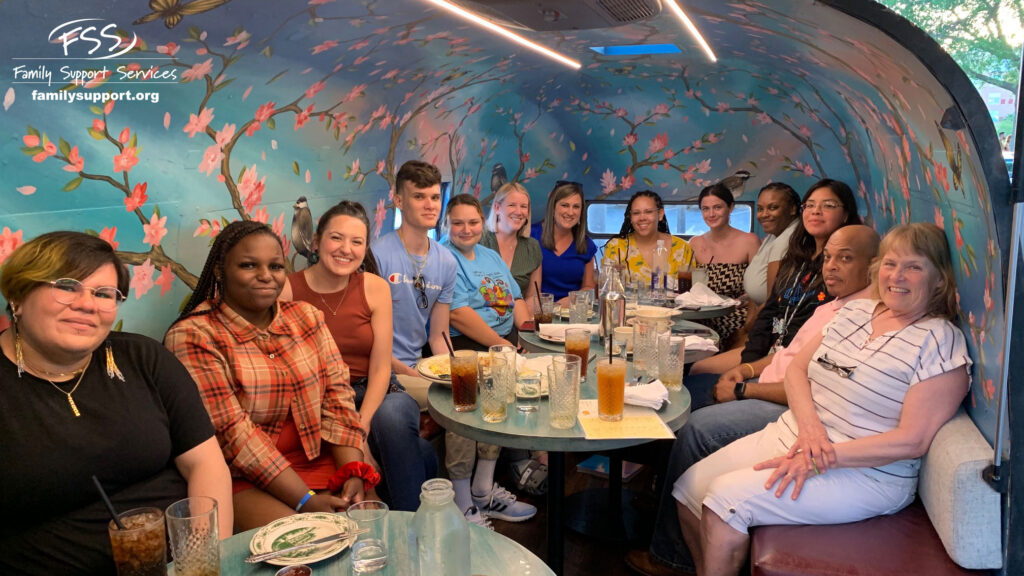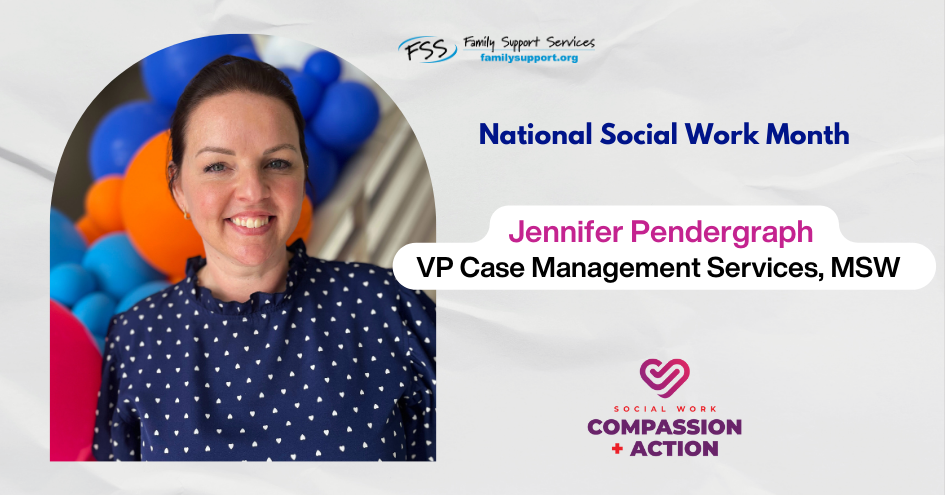Adverse Childhood Experiences (ACEs) are traumatic events in a child’s life that can have lasting impacts on their health and wellbeing, including abuse and neglect. Research from the CDC and Child Welfare Information Gateway highlights the link between early adversity and lifelong challenges, but also emphasizes the power of prevention and resilience-building strategies.
What are ACEs?
ACEs are categorized into four types:
- Abuse: Physical, emotional or sexual harm.
- Neglect: Inability or failure to provide for a child’s physical and/or emotional needs.
- Household Challenges: Exposure to domestic violence, substance abuse, parental mental illness, separation or divorce;
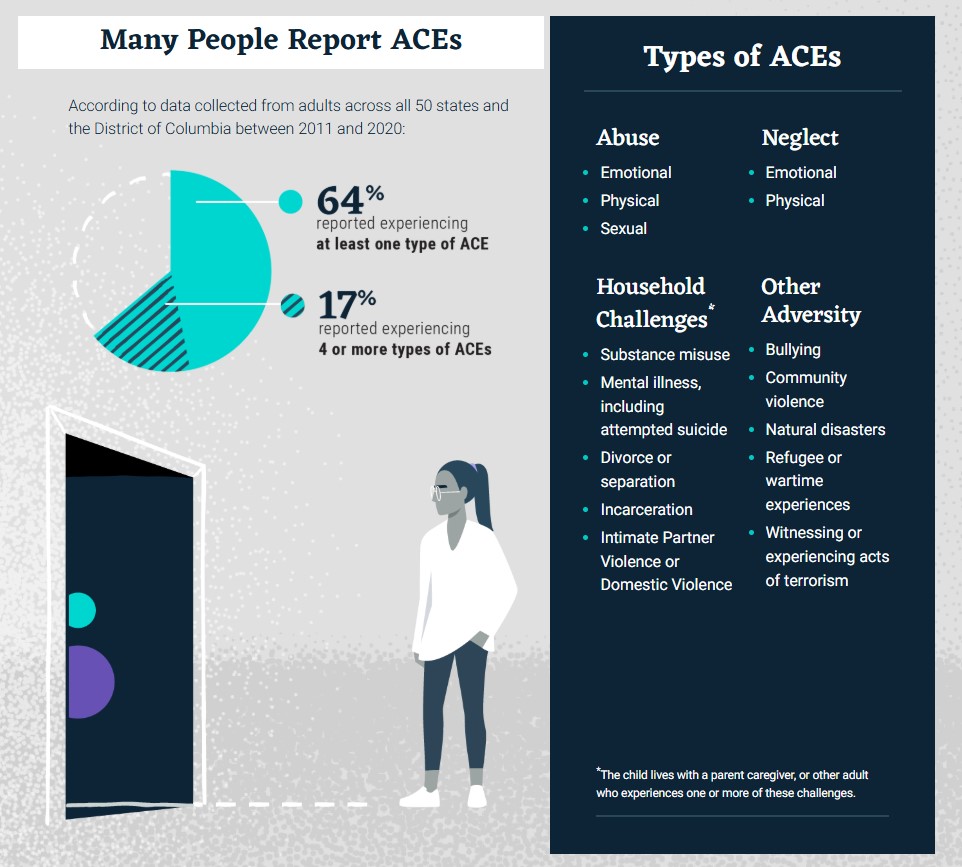 or incarceration of a family member.
or incarceration of a family member. - Other Adversity: Exposure to bullying; community violence; witnessing or experiencing natural disasters, wartime/refugee experiences, or acts of terrorism.
The more ACEs a child experiences, the higher their risk for negative health outcomes, such as chronic illness, mental health struggles, and difficulty in school or with relationships. The CDC estimates that 64% of adults had at least one ACE and 17% had 4 or more types of ACEs. (CDC)
Prevention through Support
While ACEs can have lifelong impacts, they are not destiny.
Strengthening families through protective factors – such as social connections, access to resources, and positive parenting – can help prevent early adversity. Prevention strategies include:
- Supporting parents and caregivers through education, mental health services and community resources.
- Strengthening economic support for families to reduce stressors like economic and housing instability.
- Building safe, sustainable, and stable environments where children can develop resilience through supportive relationships.
How You Can Make a Difference
Everyday actions can help make a difference for children and families. Preventing ACEs can help children thrive, improving their health and improving their lifelong outcomes.
- Connect families with local resources for parenting support and basic needs – donate your time, talents or support to your neighbors or as a mentor
- Advocate for policies that support family stability and mental health
- Be part of the community of care – volunteer, donate or foster with FSS
Learn more about ACEs and breaking the cycle of trauma from the CDC’s ACEs Prevention page, Understanding ACEs – CDC Infographic, and Child Welfare Information Gateway.
Everyday actions can help prevent child abuse. The Florida Abuse Hotline accepts reports 24 hours a day and 7 days a week, and anybody should call if they know of or suspect child abuse, neglect, or abandonment. Go to FloridaAbuseHotline.gov to learn more or to make a report online, or call 1-800-962-2873. If you suspect or know of a child that is in immediate danger, call 911.
Family preservation is a community effort to provide short-term services when a family is faced with challenge and crisis. We offer and oversee services that help families get back on track. Families referred by the Florida Department of Children and Families receive assistance through a series of programs and case management that helps keep children at home and avoid foster care. For more information, go to FSSJax.org.

